Xi Jinping tells Blinken US and China must be ‘partners, not rivals’
BEIJING (Reuters): Chinese President Xi Jinping on April 26 told the United States’ top diplomat Antony Blinken that the world’s two biggest economies should be “partners, not rivals”, adding that there were a “number of issues” to be resolved in their relations.
“The two countries should be partners, not rivals,” Xi said, according to state broadcaster CCTV, adding: “There are still a number of issues that need to be resolved, and there is still room for further efforts.”
“I proposed three major principles: mutual respect, peaceful coexistence, and win-win cooperation,” said Xi.
“The earth is big enough to hold the common development and… prosperity of China and the United States,” he added. “China would be pleased to see a confident and open, prosperous and developing United States.”
Xi also told Blinken that he hopes the US will take a “positive view” of China’s development.
“When this fundamental problem is solved, relations can truly stabilise, get better and move forward,” he said.
Earlier in the day, Foreign Minister Wang Yi said the US is suppressing China’s development.
As the pair settled into their opening session, Wang told Blinken that the “great ship” of the China-US relationship had stabilised, “but negative factors in the relationship are still increasing and building”.
“And the relationship is facing all kinds of disruptions. China’s legitimate development rights have been unreasonably suppressed and our core interests are facing challenges,” he said.
Blinken replied that “active diplomacy” was needed to move forward with the agenda set by President Joe Biden and Mr Xi when they met in San Francisco in November.
“There’s no substitute in our judgement for face-to-face diplomacy,” he said, adding that he wanted to ensure that “we’re as clear as possible about the areas where we have differences, at the very least to avoid misunderstandings, to avoid miscalculations”.
Blinken and Yang met in a guest house which is part of a sprawling complex of villas, lakes and gardens where many foreign dignitaries, including the then US President Richard Nixon, have been received.
Blinken also raised concerns on April 26 about China’s support for Russia’s military, one of the many issues threatening to sour the recent improvement in relations between the world’s biggest economies.
“The Secretary discussed concerns about PRC support to the Russian defence industrial base,” US State Department spokesperson Matthew Miller said, adding the two sides also discussed Taiwan, the South China Sea and other flashpoints.
PRC is short for China’s official name, the People’s Republic of China.
But US officials warn that Chinese companies are helping the weapons industry with an unprecedented build-up that has helped turn the tide of the war.
For example, bigger machine tool imports from China have helped Russia increase its ballistic missile production, the officials say.
They say such assistance risks hurting the broader bilateral relationship, even as ties stabilise after being hit by then House Speaker Nancy Pelosi’s visit to Taiwan in 2022 and the US downing of a suspected Chinese surveillance balloon in February 2023.
China has said it has not provided weaponry to any party, adding that it is “not a producer of or party involved in the Ukraine crisis”. However, it says that normal trade between China and Russia should not be interrupted or restricted.
Despite increasing high-level exchanges and working groups tackling issues such as enhanced military communication and global trade, tensions remain.
Hours before Blinken landed in China on April 24, Biden signed a bipartisan Bill that included US$8 billion (S$10.9 billion) to counter China’s military might, as well as billions in defence aid for Taiwan and US$61 billion for Ukraine.
The disputed South China Sea also remains a flashpoint, while the US is eager to see more progress in the curbing of China’s supply of the chemicals to used to make fentanyl.
Todd Robinson, assistant secretary of state for International Narcotics and Law Enforcement Affairs, and Mr Nathaniel Fick, ambassador-at-large for cyberspace, are among the officials and envoys accompanying Mr Blinken.
Wang laid out China’s position, saying the US must not step on “red lines” covering sovereignty, security and development interests – an apparent reference to Taiwan, the democratically governed island that China claims as its own, and the disputed South China Sea.
Ahead of the talks, US Treasury Secretary Janet Yellen also signalled that the Biden administration was not taking any options off the table for responding to China’s excess industrial capacity.
Dr Yellen told Reuters Next in an interview in Washington that China exporting its way to full employment is not acceptable to the rest of the world.
Blinken arrived in Beijing on April 25 from Shanghai, where he urged China to provide a level playing field for US businesses. – Reuters



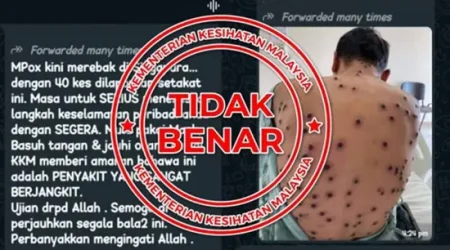
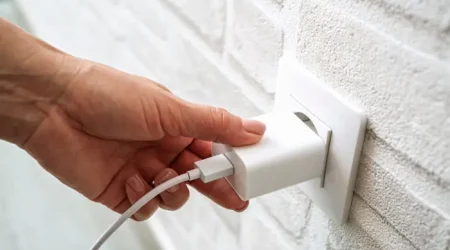

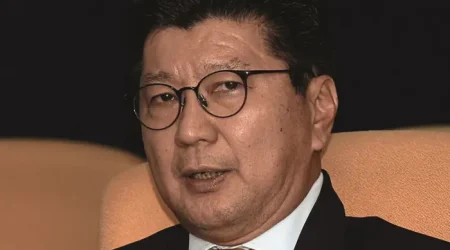


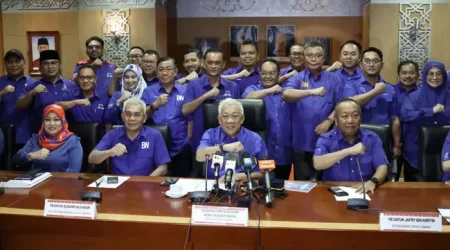
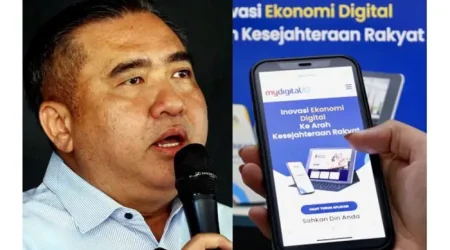
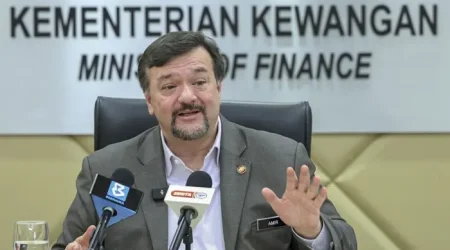
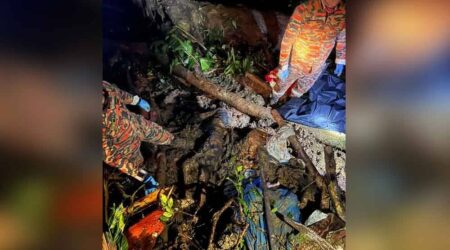
Leave a Reply